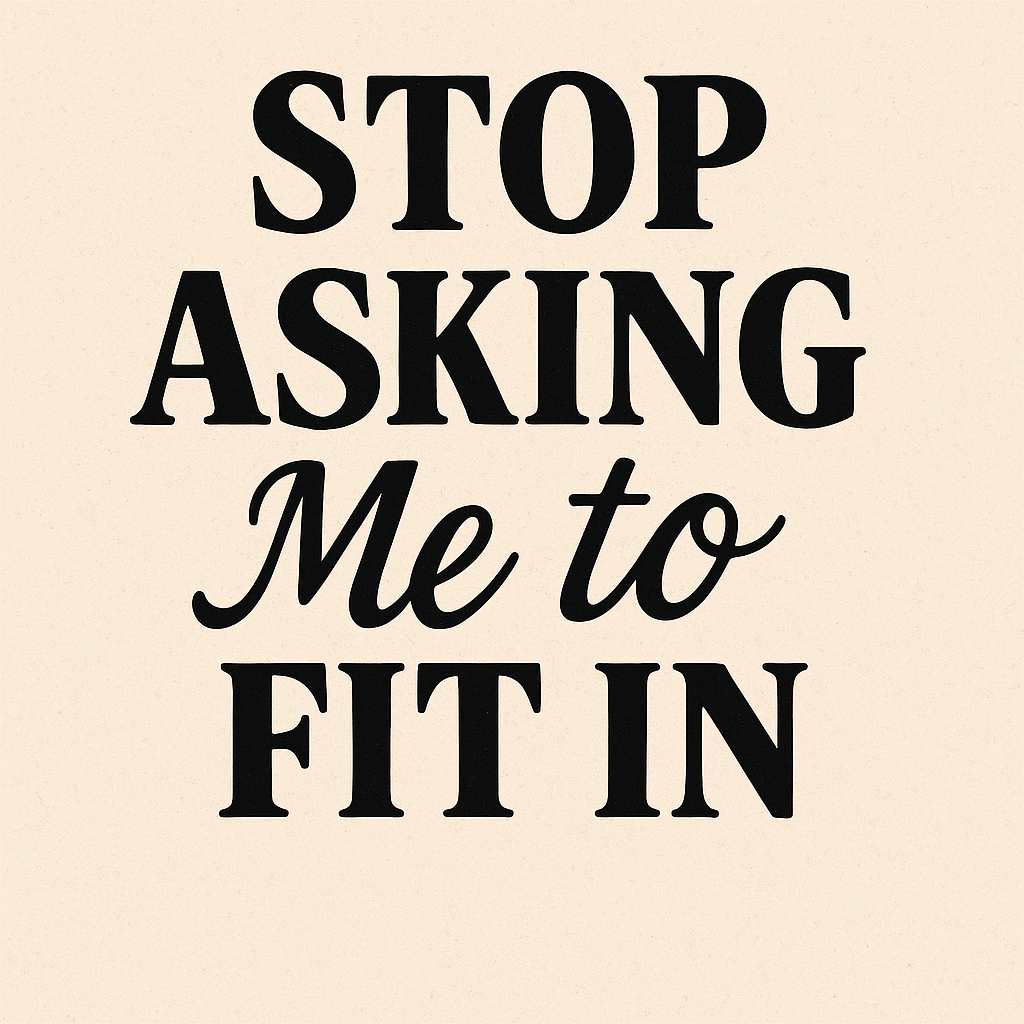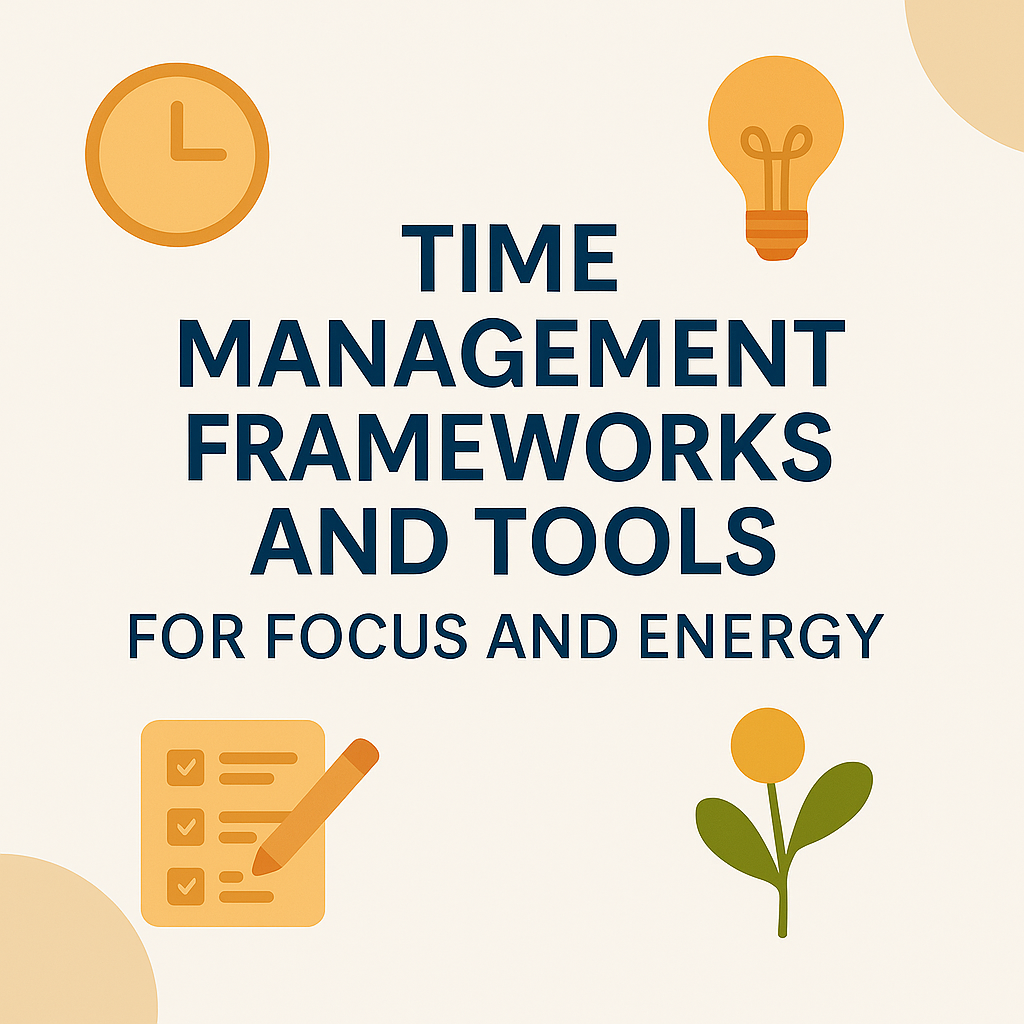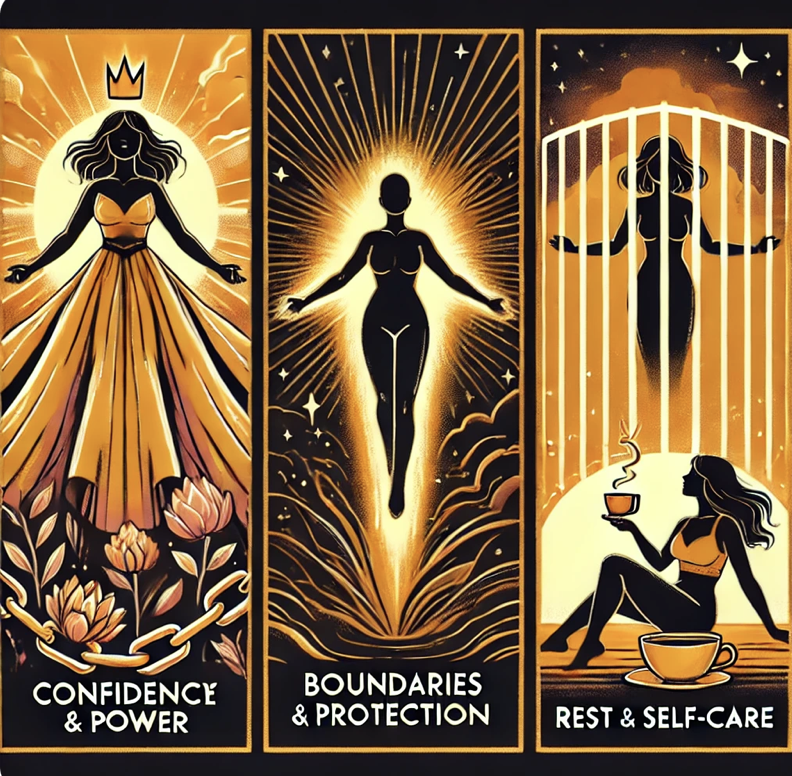Higher Vibes Coaching Blog

Read This if People Don’t “Hear” What You Have to Say
This is a practical guide for anyone tired of being talked over or ignored. It’s especially for you if anxiety, trauma, bullying, culture, or neurodivergence have minimized your voice. Here’s a step-by-step way to bring your voice back online—gently, clearly, and on your terms. These steps aren’t about being louder — they’re about feeling safe and confident enough that your voice doesn’t have to hide.

Getting the ADA Accommodations You Deserve as a Neurodivergent or Disabled Professional
Workplace accommodations shouldn’t be a fight, but for many neurodivergent and disabled employees, the process is confusing, draining, and often mishandled by employers. This article explains your ADA rights, the true meaning of the interactive process, and how to advocate for yourself without oversharing medical information. You’ll learn how to document delays, build allies, and stay grounded — even if you’re facing discrimination, retaliation, or systemic resistance.

Anger Isn’t the Enemy — It’s the Alarm
Anger isn’t the enemy — disconnection is. Learn how DBT tools like HALT can help you manage anger mindfully, transforming emotional chaos into clarity and compassionate leadership.

Stop Asking Me to Fit In: A Love Letter to the Brave Weirdos at Work
It takes courage to examine what “belonging” actually looks and feels like, so it becomes accessible to more people. Learn how relational leadership and brave authenticity transform workplaces into spaces of trust, repair, and innovation.

What Mamdani’s Win — and How Cuomo and Trump Reacted — Reveal About Power, Safety, and Change
As fear escalates under Trump’s second term, trauma-informed leadership offers an antidote. Through the lens of Zohran Mamdani’s historic NYC win, we explore how nervous-system awareness, regulation, and ethical power can transform fear-based leadership into connection-based change.

Performance Improvement Plans are Biased. Now What?
Performance Improvement Plans (PIPs) are the illusion of fairness. If you’re on one—or giving one—read this before you cause or endure more harm. This deep dive exposes how PIPs damage mental health, reinforce bias, and ignore ADA protections—and includes checklists for employees, managers, and HR. Plus, a glimpse at what comes next: the Human Development Plan.

Neutrality Is Not Silence: How Coaches and Leaders Can Honor Identity, Inclusion, and Psychological Safety
Explore why “neutrality” in coaching and leadership often becomes a tool of erasure. This in-depth article reframes neutrality as emotional maturity—not avoidance—and offers new research, inclusive frameworks, and self-reflection tools to help leaders, coaches, and teams build real psychological safety.

I Wore a Mamdani T-shirt. You’d Think I Set the House on Fire
When I posted a simple self-care video in a major coaching forum—wearing a Zohran Mamdani t-shirt, nothing political, just human—a “master coach” accused me of being unprofessional and turned it into a public takedown. The fallout says everything about who’s allowed to speak, who’s expected to stay silent, and why true psychological safety scares the people who preach it. This story was inspired by something that happened to me — a small, public moment that revealed so much about the world we’re living in.

Coaching’s Empathy Problem: How Performance Culture Hijacked Presence
Many coaches talk about empathy—but few embody it. This essay exposes how performative empathy, toxic positivity, and the pressure to “look caring” are re-traumatizing clients and burning out practitioners. Learn the neuroscience behind real attunement, how false empathy activates the brain’s pain pathways, and five embodied practices to rebuild authentic presence in your coaching work.

CARE Framework: A Neuroscience-Backed Way to Manage Time, Energy, and Focus
For creative, sensitive, or neurodivergent minds, traditional time management methods may not be a good fit. The Higher Vibes CARE Framework offers a gentler, neuroscience-informed way to prioritize — one that honors your energy cycles, executive function, and need for rest. Learn to organize your week with clarity, calm, and self-compassion

4-Week Confidence Activation Challenge
Build lasting confidence through neuroscience-informed, trauma-aware coaching tools that strengthen courage and self-trust. This 4-week Confidence Activation Challenge guides you step-by-step from emotional regulation to embodied action—using mindfulness, journaling, and micro-exposure exercises to reduce anxiety, rewire negative self-talk, and create authentic confidence that feels aligned, not forced. Discover how to calm your nervous system, expand your comfort zone, and cultivate courage in manageable, sustainable ways.

Time Management Frameworks and Tools for Focus and Energy
Learn practical time management frameworks and tools that help you focus on what truly matters. Discover proven systems for prioritizing tasks, reducing overwhelm, and managing your energy—not just your schedule.

The Neuroscience of Self-Leadership: How to Activate Your Inner Leader in 5 Steps
Learn how to activate your inner leader through five science-backed steps that connect your strengths, values, and vision. This guide blends neuroscience and positive psychology to help you lead with clarity, confidence, and purpose — starting from within.

It Sucks to Be Scapegoated for Telling the Truth
When you name what’s not working—at work or in your family—you’re often seen as the problem, even when you’re trying to create safety or help. This piece offers insight into why truth-telling can make people defensive and what it can cost to stay honest in systems built on silence.

Hot Seat Therapy and 360° Reviews Are the Same Bullsh*t
Too many internal coaches and managers still measure growth by how well you conform to other people’s expectations—especially if you’re neurodivergent, BIPOC, queer, or disabled. The result? More masking. More burnout. Less truth. This post offers a radical reframe of feedback. We’ll also dig into why the beloved 360° review process often mirrors a shady group therapy tactic called hot seat therapy—and how both can go off the rails without care, consent, and context.

BIPOC Managers: Lead Without Losing Yourself
Being a BIPOC manager means balancing leadership, mentorship, and unspoken expectations—often at the expense of your well-being. Here, we break down the unique challenges, burnout risks, and systemic barriers BIPOC leaders navigate, backed by data, with actionable insights on how to lead without sacrificing yourself.

ADHD vs. Autism: Key Differences, Overlapping Traits, and How to Get the Right Diagnosis
ADHD and autism share traits like masking, sensory overload, and social exhaustion, but they are distinct neurotypes (even though there is often an overlap). Learn how to tell the difference, why ADHDers may seem autistic, and how to get an accurate diagnosis.

From Invisible to Unstoppable: How to Be a Thought Leader Without Masking
Struggling to gain visibility despite being an expert in her field, Tara felt shut out on social media. This case study reveals how coaching helped her transform her approach, build influence on her own terms, and land industry recognition—without chasing validation. It also includes tips to help you reframe feeling too different as an advantage, not a liability.

Sassy Quotes to Boost Confidence, Set Boundaries, and Own Your Energy
Confidence is your birthright. These unapologetic quotes will help you stand tall, enforce boundaries like a pro, fight through challenges with resilience, and prioritize rest without guilt—because your energy is priceless, and survival is an art form.

Why So Many Fake Executive Coaches?
Why is “Executive Coach” the hottest (and most overused) title in coaching? This bold take calls out the hype, reveals why real senior-level business experience matters, and offers better title alternatives to build trust—and attract the right clients.